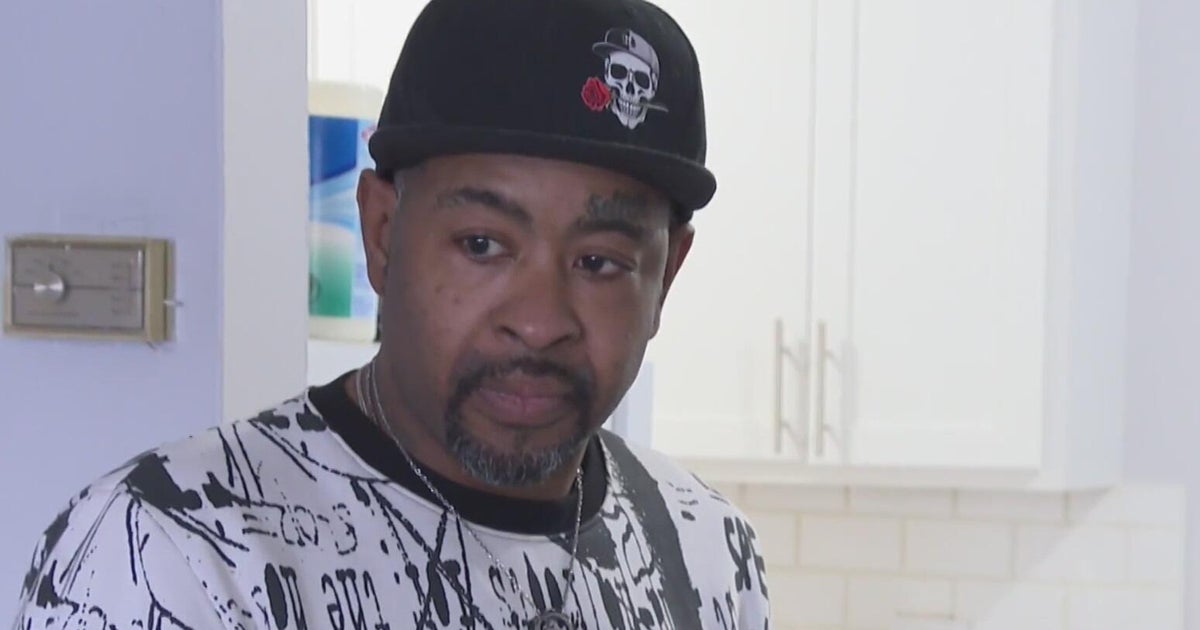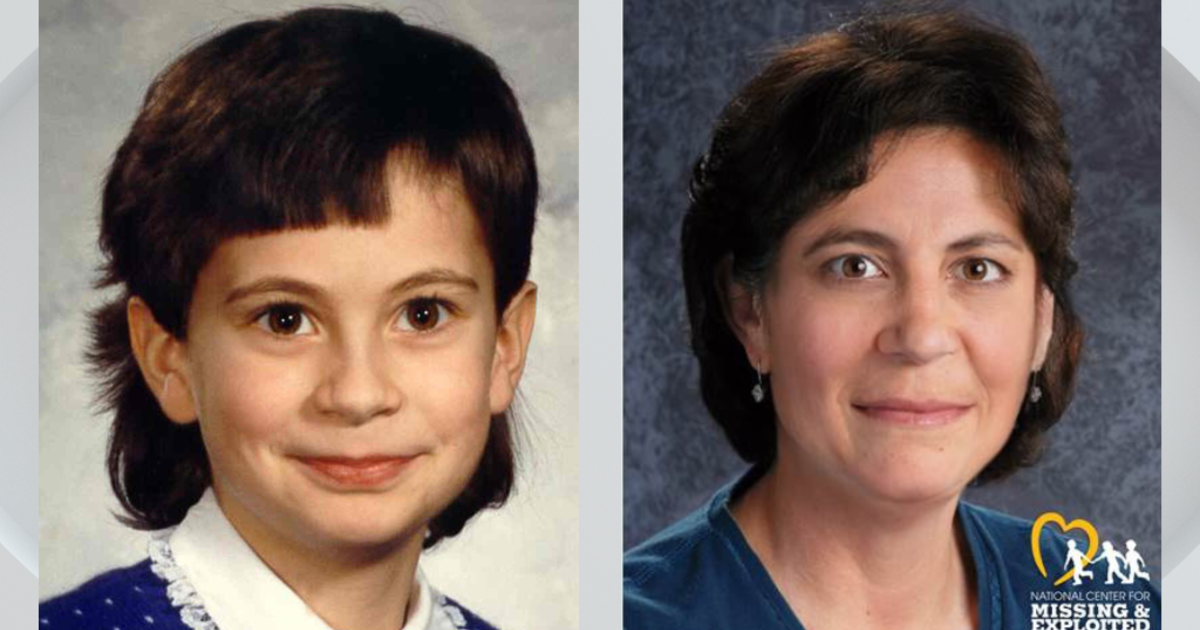Impacts of sleeping with your mouths open
Falling asleep with our mouths open happens to all of us and many think it isn't such a big deal.
However, there are some eye-opening things connected to open-mouth sleeping.
Our facial muscles tense most of the day, and when we fall asleep, these muscles can finally relax. This means that our mouths might open as we snooze.
The Director of Neurorhinology at the UNC School of Medicine talked about his study in the Huffington Post.
He pointed out that if you wake up with a dry mouth, bad breath, scratchy or sore throat, and your voice sounds hoarse, there's a good chance that you're an open-mouth sleeper.
Consistent sleeping with open mouths could mean there is an underlying obstruction, but most of them are temporary. This includes nasal congestion, allergies, or a common cold.
If you snore, are extra tired even after a "good night's sleep", and have dark circles under your eyes, doctors say your open-mouth sleeping could be a sign of something and you should get it checked out.
Mouth or facial exercises can help stop open-mouth sleeping. It can look or feel awkward, but it's something you can do to relax the jaw.







